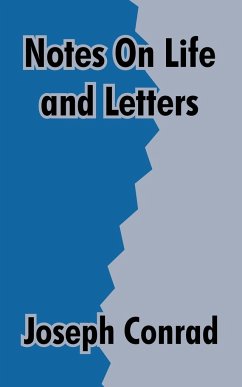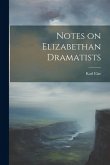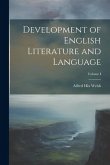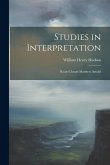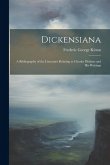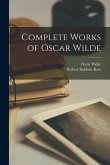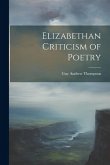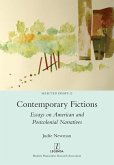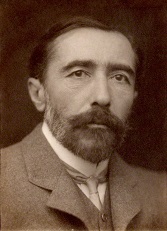The first part, titled Letters, contains essays on such topics as Books, Henry James, Alphonse Daudet, Guy de Maupassant, Anatole France, Turgenev, Stephen Crane, Tales of the Sea, An Observer in Malaya, The Life Beyond, and The Censor of Plays. The second part, title Life, includes such topics as Autocracy and War, The Crime of Partition, Note on the Polish Problem, Tradition, Confidence, Flight, Some Reflections on the Loss of the "Titanic," Protection of Ocean Liners, and A Friendly Place. Joseph Conrad was a Polish-born English novelist best known in his own time as a writer of sea stories. He is now more admired as a novelist of moral exploration and a master of narrative technique - a major 20th century novelist.
Hinweis: Dieser Artikel kann nur an eine deutsche Lieferadresse ausgeliefert werden.
Hinweis: Dieser Artikel kann nur an eine deutsche Lieferadresse ausgeliefert werden.

